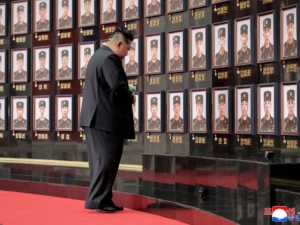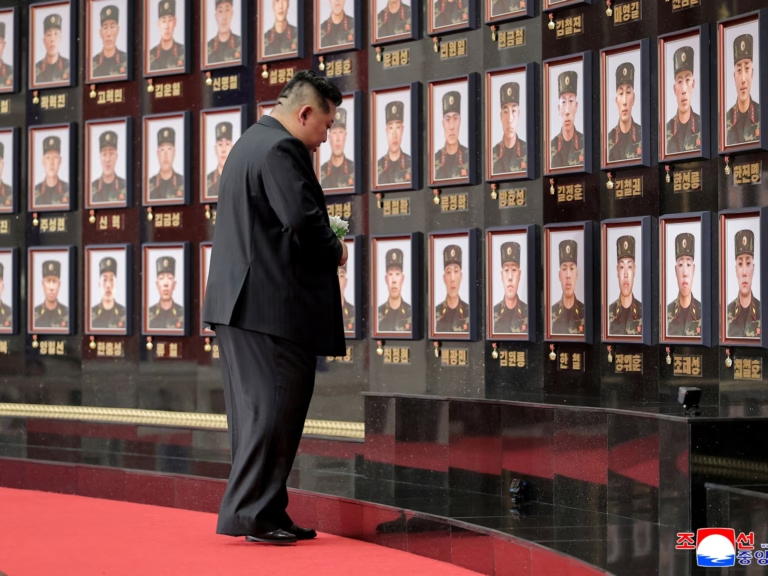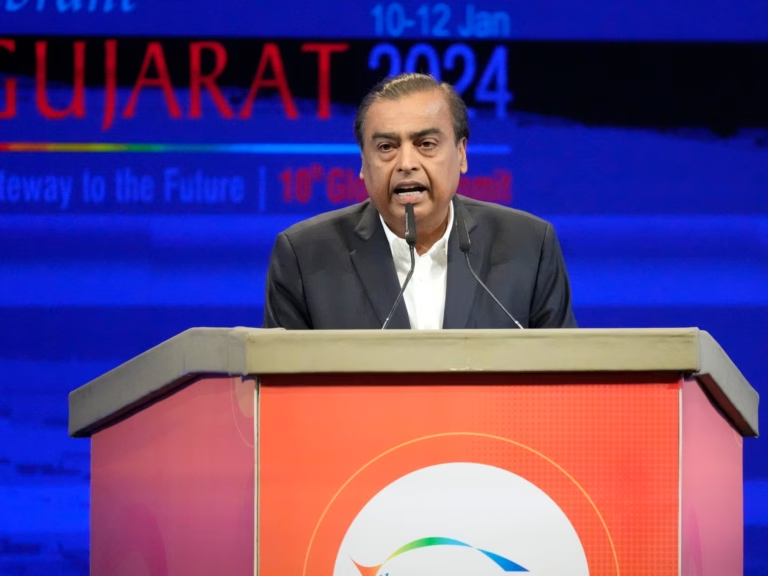US Defense Secretary Pete Hegseth Emphasizes Japan as Crucial Ally Against China in Asia Pacific
“The United States is dedicated to maintaining a strong, ready, and credible deterrence in the Indo-Pacific, including across the Taiwan Strait,” according to Hegseth.
Over the past years, China has ramped up its military activities around Taiwan, with a notable presence through daily air incursions and has refrained from ruling out the option of force to assert control over Taiwan.
The previous administration under Joe Biden had announced plans to overhaul the US military presence in Japan, aiming to bolster coordination with Tokyo’s forces, citing Beijing as their “greatest strategic challenge”. This move comes amidst concerns that a U.S. policy focused on “America first” might undermine security commitments in the region.
Japan hosts approximately 50,000 US military personnel and houses units of fighter jets predominantly in Okinawa, to the east of Taiwan.
In March, former President Donald Trump critized the US-Japan security alliance, questioning why Washington provides protection without reciprocal defense of US interests from its allies.
“Who makes these deals?” Trump remarked.
Military Spending and Alliances
Hegseth criticized the Biden administration, suggesting their policies created a gap that led to a perception of America lacking the strength and readiness to prevent conflicts from escalating. He vowed to fortify alliances to ensure both reality and perception of American deterrence remain robust.
In congruence with Hegseth’s visit, there are indicators that Trump might pressure US allies in Asia to boost their military spending and fortify their defense capabilities.
Hegseth and Nakatani agreed to expedite the production of beyond-visual-range air-to-air AMRAAM missiles jointly and to explore potential collaboration on the production of SM-6 surface-to-air defense missiles to help bridge a shortage of munitions, as announced by Nakatani.
Hegseth expressed confidence that Japan would assess and implement the necessary capabilities to stand united with the United States within the alliance.
The call for increased spending is simultaneous with Japan grappling with Trump’s imposition of a 25 percent tariff on auto imports, scheduled to take effect on April 3, potentially escalating trade tensions.







